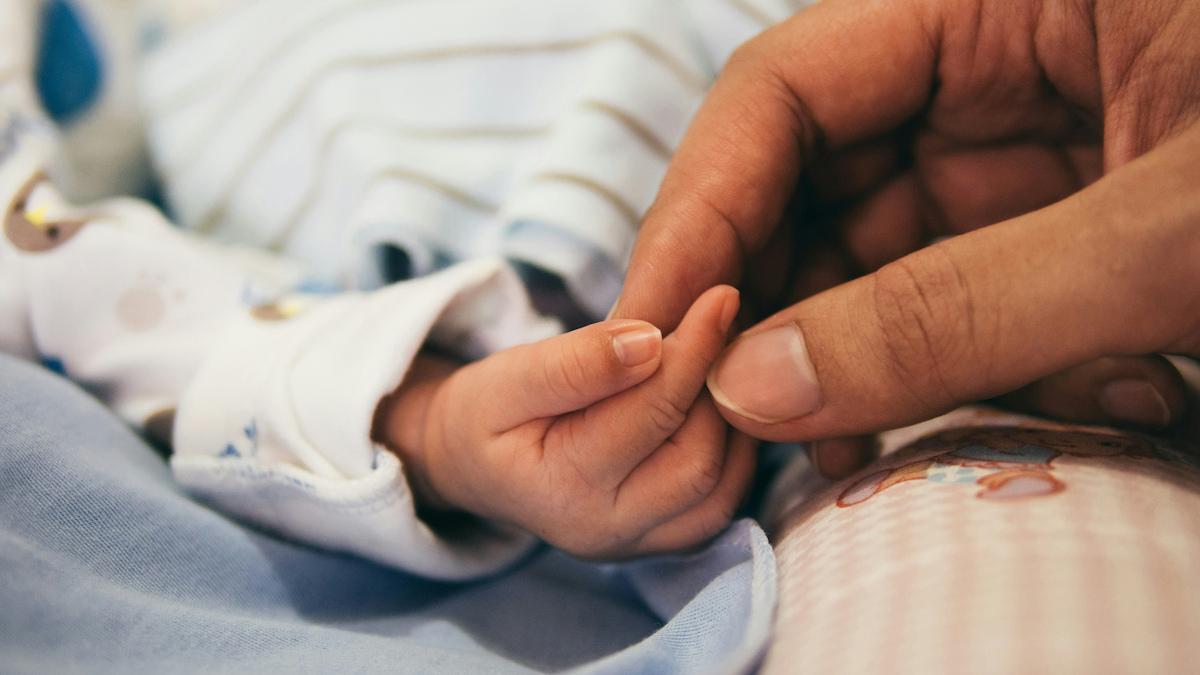MSD eyes June verdict for paediatric RSV antibody

The FDA has started a review of MSD's respiratory syncytial virus (RSV) antibody clesrovimab, with a verdict due in the middle of next year.
If approved by the 10th June action date, clesrovimab could start competing with Sanofi and AstraZeneca's fast-growing Beyfortus (nirsevimab) – which got the go-ahead from the US regulator in July 2023 – in time for the 2025/26 RSV season.
The US regulator is reviewing the use of clesrovimab (formerly MK-1654) to protect infants from RSV disease during their first RSV season, according to an MSD statement.
It would be the first direct challenger to Beyfortus, which made almost $700 million in sales in the third quarter of this year and is on track to breach the $1 billion threshold in its first full year on the market. Supply has been outstripped by demand, and Sanofi and AZ have been racing to add additional production capacity for the product, including two new filling lines.
Pfizer's RSV vaccine Abrysvo – given to the mother during pregnancy – is also an option for protecting newborns and infants from RSV disease in the first six months of life.
Nearly all newborns get RSV and show symptoms akin to a mild version of the flu. In some cases, however, the infection reaches the lower tract, which can be much more serious. Approximately 1% to 3% of children under 12 months of age in the US are hospitalised each year due to RSV, according to figures from the American Academy of Pediatrics.
In the phase 2b/3 CLEVER trial, clesrovimab was able to cut RSV-related hospitalisations and RSV-related lower respiratory infection hospitalisations by 84% and 91%, respectively, compared to placebo through five months. It also achieved a 60% reduction in the incidence of RSV-associated medically attended lower respiratory infections (RTIs) compared to placebo.
According to MSD, which is known as Merck & Co in the US and Canada, clesrovimab could become the first therapy to protect infants with the same single dose, regardless of their weight, for the duration of their first RSV season.
Beyfortus needs two injections but, on the other hand, is also approved for use in children up to 24 months of age who remain vulnerable to severe RSV disease through their second RSV season.
AZ and Sanofi have suggested that the availability of a competing product will grow the overall market and they continue to expect strong Beyfortus growth through next year if clesrovimab is approved.
"Despite recent advances in RSV prevention, unmet needs remain for additional effective interventions to help protect infants and continue to help address the burden RSV places on families and the healthcare system," said Dr Paula Annunziato, head of infectious diseases and vaccines global clinical development at Merck Research Laboratories.
"This regulatory milestone, along with promising results from our pivotal studies demonstrating efficacy in the prevention of RSV disease, marks important progress toward our goal of having clesrovimab available in time for the 2025-26 RSV season," she added.
Photo by Aditya Romansa on Unsplash












